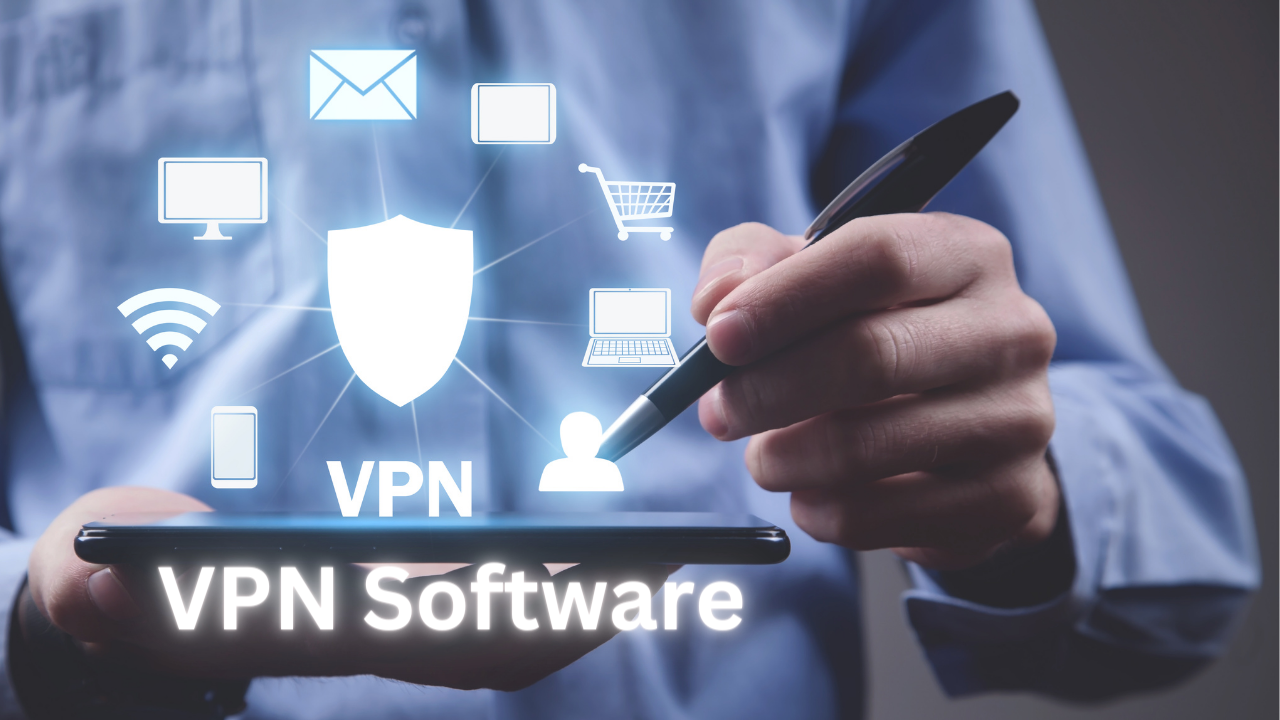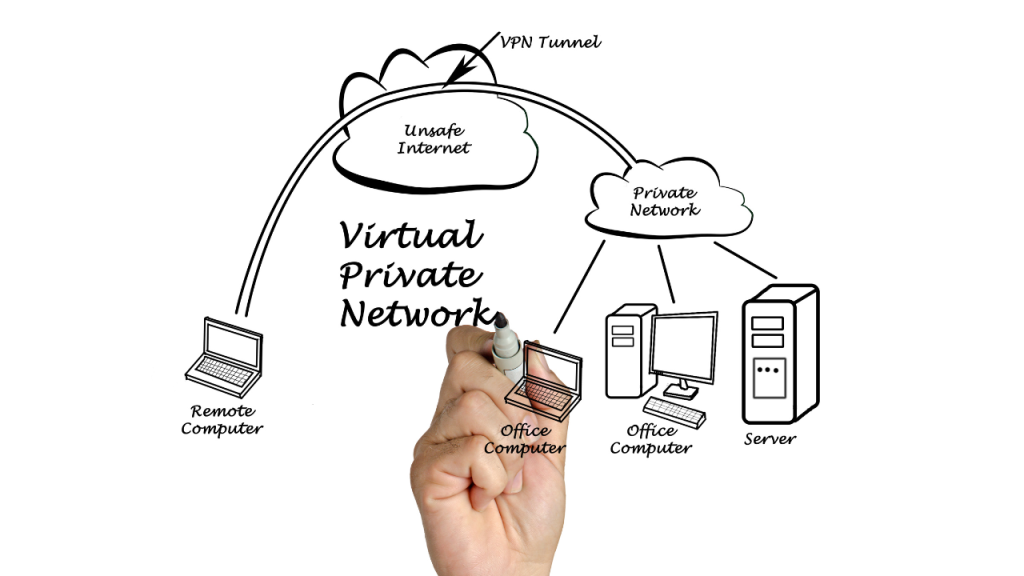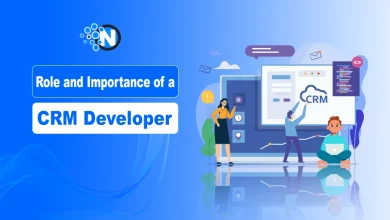VPN Software: A Daily Necessity or an Overhyped Tool?

In times of increased activity of cybercriminals and emerging controversies related to the privacy of internet users, the phrase “VPN” appears very often in discussions. How does this tool work, and can it really protect you as advertised?
More and more people are using VPNs. Some use them to change their virtual location on the go, and others because they are concerned about the data being collected by large corporations. There are many other reasons to use a VPN.
We will look at the situations in which it is really worth installing this service. We also encourage you to rely on your own opinions – you don’t have to invest money right away to check the pros and cons of the software personally.
What is a VPN? Its functions
A VPN, or a Virtual Private Network, is an intermediary between you and the internet. When you connect to the network, your device contacts the internet service provider and the server of the service you want to use.
Every packet of data on the internet must be provided with certain information – for example, the IP address of the recipient and the sender, which can be compared to the label on a postal item. Without it, no computer on the network would know where to direct data. The owner of the service you are contacting has access to this information, so they can see what IP address the network traffic is coming from. The IP address, in turn, can tell where your device is located down to a country or city.
The situation is a bit different when connecting to the internet through a VPN tool. Then the data is not routed directly to the website or service you are contacting but to the VPN server. This acts as an intermediary – packets that come to it are forwarded after applying an additional layer of encryption. The IP address also changes – the end server’s owner sees the VPN service’s address (and location), not yours.
When and why to use a VPN?
From the description above of how the VPN service works, you can immediately learn its basic and most popular function – masking the user’s IP address and location. If you connect to a website through a VPN, you are not sharing your data with it but with the address of the virtual private network provider.
When and where is this feature useful?
On the go – when you leave the country for business or leisure, you probably want to use your favorite sites as before. Unfortunately, not all of them allow this. Sometimes, the content available on the internet is adapted to the user’s location, so you may want to “pretend” that you are still in your home country.
In censored countries – If you are a journalist or travel to countries where the web is censored for some reason, you may also need a VPN Canada service to maintain access to some websites that are blocked by governments.
At home – IP and location masking is sometimes also useful at home, for example, when you want to bypass geo-blocks and access content not available in your home country.

Other Benefits of a VPN
A VPN isn’t just for hiding IP addresses. Its most important function, although sometimes overlooked in discussions, is data encryption and increasing user privacy and security. Additional encryption is beneficial when you use public Wi-Fi networks because they are not always secure as they should be.
Packet encryption and IP hiding also enhance your browsing privacy by helping you cover up your “virtual footprints.” Website owners and Internet Service Providers can collect users’ IP addresses and everything related to them – data on website behavior, browsing history, and other information that can later be monetized (e.g., by creating personalized ads).
What does a VPN NOT do?
As you can see, a VPN service is a good solution for anyone who values privacy. But don’t let yourself be led into a false sense of security. A VPN is not a miracle cure against all threats.
A VPN is not a replacement for anti-virus software – a basic VPN tool simply acts as a tunnel between you and the internet. It doesn’t make your device anti-malware.
A VPN doesn’t speed up your internet connection – a VPN is a middleman, so it’s an extra point where data traveling between you and the website you’re visiting has to stop. In fact, using a VPN can even slow down your connection – although this difference is imperceptible in the case of reputable providers.
VPN is not a substitute for common sense – that’s the most important point. A VPN, as an intermediary connecting with the network, will not protect you from yourself. This means that if you download files from suspicious sources, you do so at your own risk, with or without a VPN.
VPN – is it worth using?
VPN software is certainly a helpful solution, but only in specific situations. Keep in mind that this is not a miracle cure to replace all other protection tools. It is worth installing it if only to limit the amount of data provided to advertisers. Still, you should also take care of your security and privacy in other ways – by updating the system software, regularly scanning the device for viruses, or being careful about suspicious emails and links.




